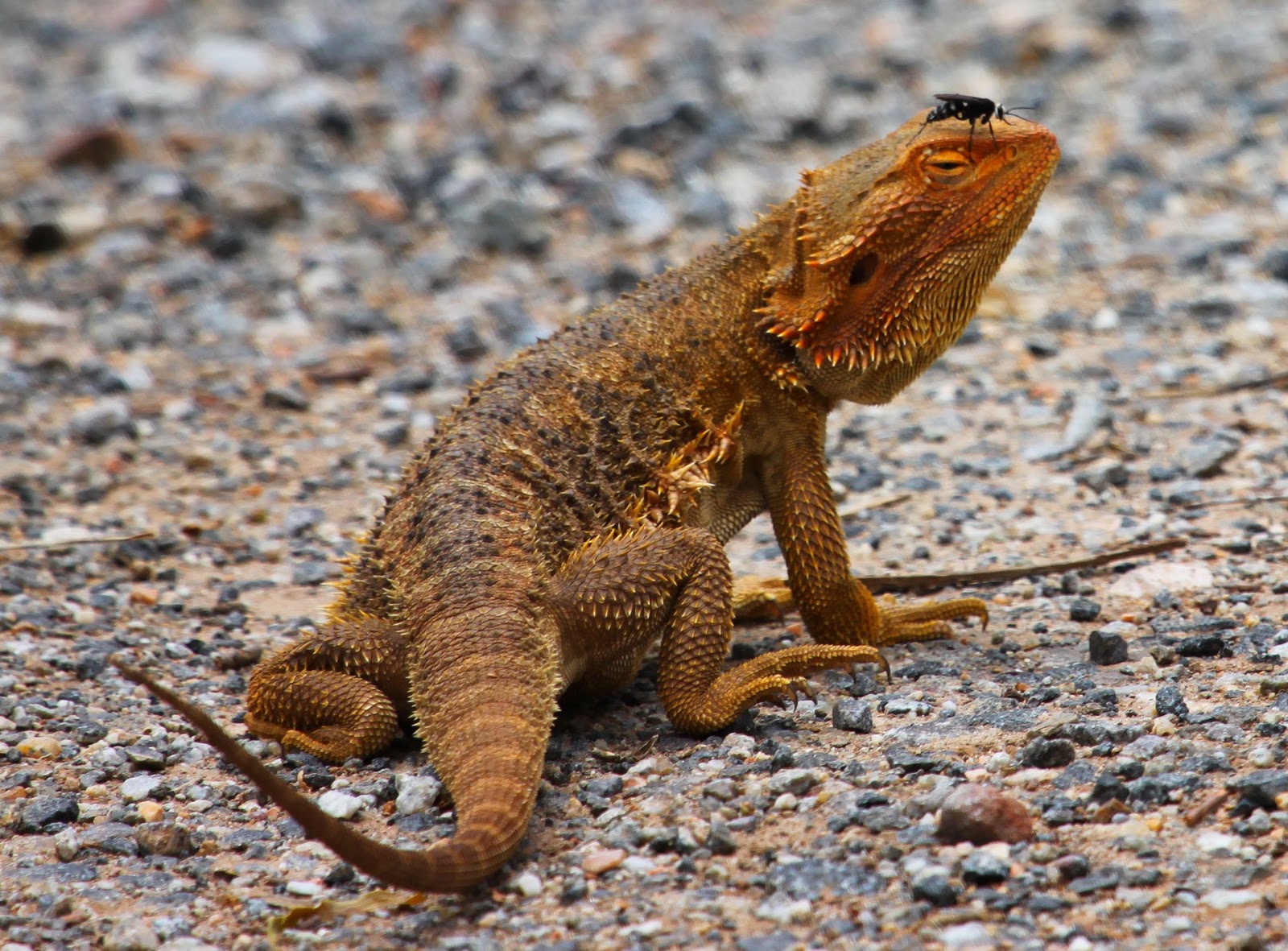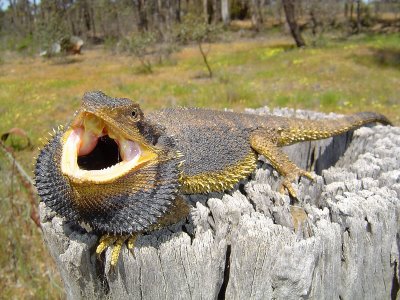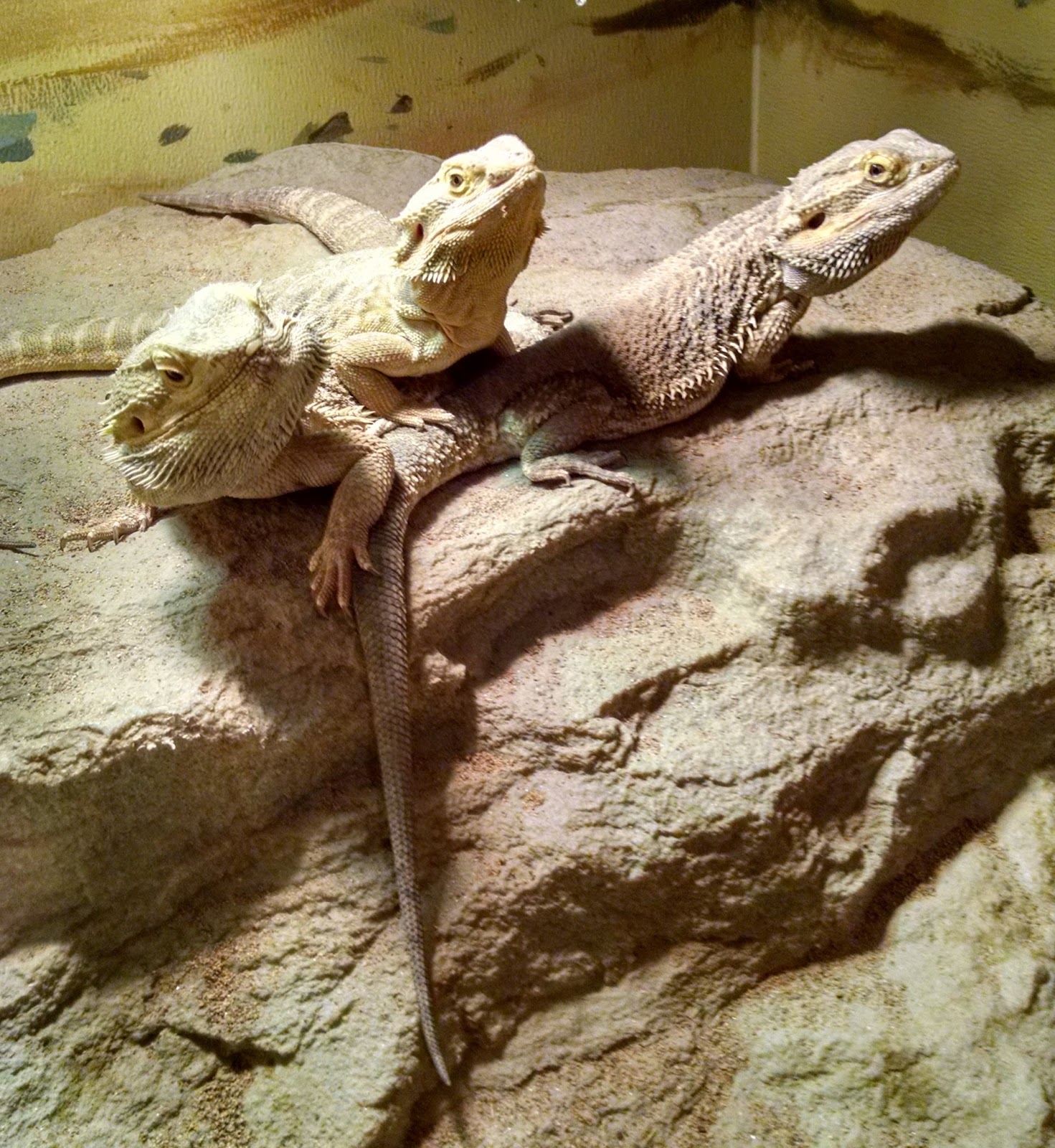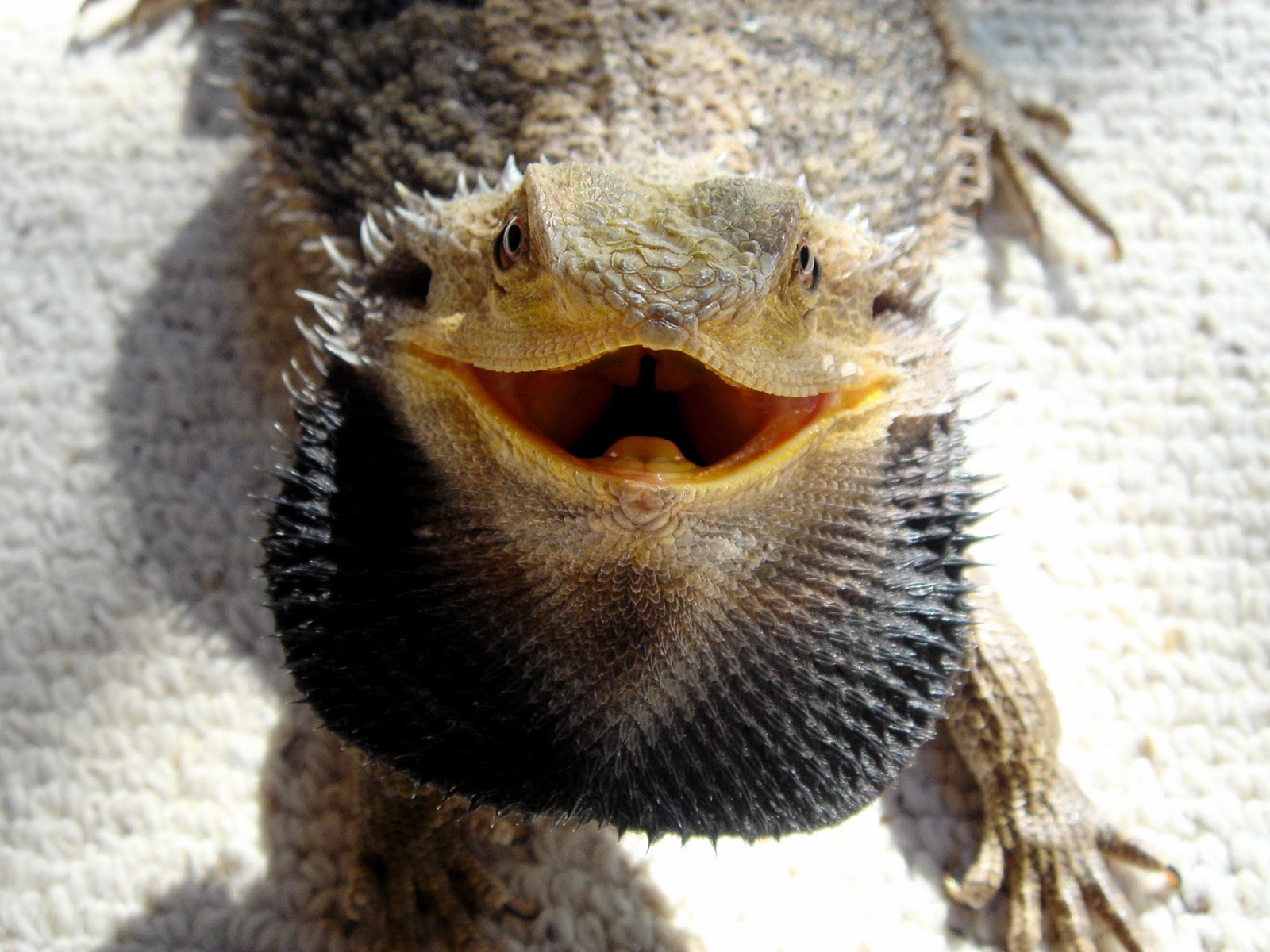Is Your Bearded Dragon Infected with Parasites? Here’s How to Find Out!
Is your Bearded Dragon at Risk of Parasites?
Bearded dragons are relatively easy pets to care for, which is one reason they are a popular choice for beginners. However, like any animal, they can be susceptible to parasitic infections. Parasites can cause a range of symptoms in your bearded dragon, from a decreased appetite to lethargy or even death if left untreated. Fortunately, there are some telltale signs that indicate your bearded dragon has parasites, and in this article, we’ll show you how to spot them.
What are Parasites?
Parasites are organisms that live off other living creatures (hosts) and can cause harm to them. In bearded dragons, parasites can be either internal or external. Internal parasites usually live in the digestive tract, whereas external parasites usually live on the skin or in the environment that your bearded dragon lives in.
Signs Your Bearded Dragon May Have Parasites
Parasites can be difficult to diagnose, but there are some signs that indicate a parasitic infection. Here are some of the most common ones:
- Decreased appetite or weight loss
- Lethargy or lack of energy
- Diarrhea or abnormal stool
- Vomiting
- Swollen limbs or joints
- Skin irritations, such as redness or scales
- Abnormal behavior, such as hiding or basking for extended periods
- Unusually foul smell
- Difficulty breathing
What to Do If You Suspect Parasites
If you suspect your bearded dragon has parasites, the first thing you should do is take them to a reptile veterinarian for a checkup. The vet will be able to perform a fecal exam and other diagnostic tests to determine the type of parasites that are present.
The treatment for parasites depends on the type of parasite and the severity of the infection. Your vet may prescribe medication, recommend changes to your bearded dragon’s diet or environment, or perform additional procedures.
How to Prevent Parasitic Infections
There are several things you can do to prevent parasitic infections from occurring in the first place:
- Keep your bearded dragon’s enclosure clean and well-maintained
- Avoid feeding your bearded dragon wild-caught insects or greens
- Use a substrate that can be easily cleaned and disinfected
- Quarantine new bearded dragons for at least 30 days before introducing them to your existing dragon(s)
- Practice good hygiene when handling your bearded dragon or cleaning their enclosure
Conclusion
Parasitic infections can be serious for bearded dragons, but with proper care and attention, they can be prevented and treated. By knowing the signs of parasites and taking your bearded dragon to the vet at the first sign of trouble, you can keep them healthy and happy for years to come.







